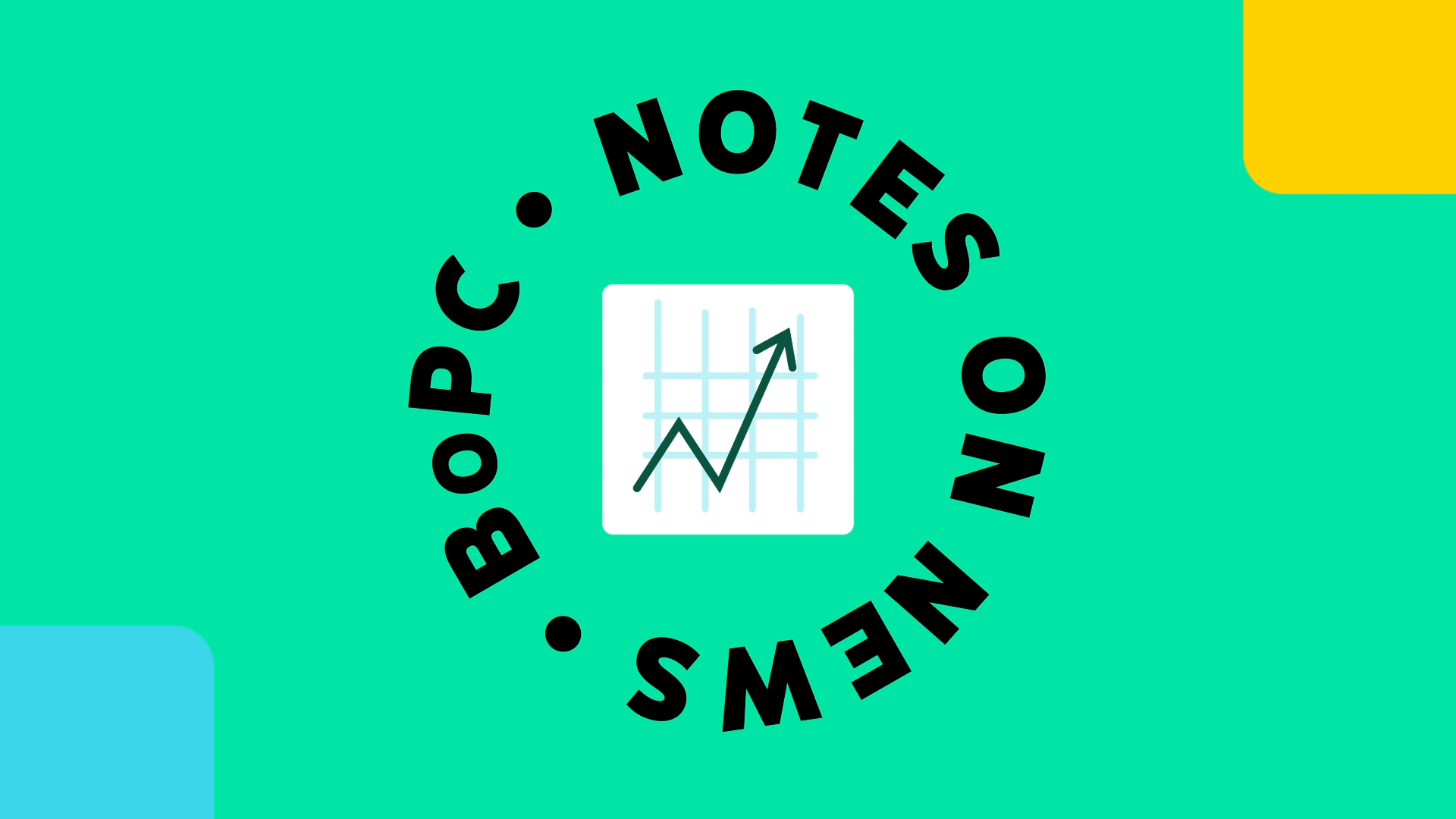CMS Introduces ACO Primary Care Flex Model
The US Centers for Medicare and Medicaid Services, through their Innovation Center (CMMI) announced a new ACO program to go live in 2025 – ACO Primary Care Flex. The hope is to build on the data, experience, and successes they have had with their other models that promote primary care, but with a focus on rural and underserved regions.
Health Literacy
Here’s another article in the medical literature that was needed to verify common sense – an all too frequent occurrence in healthcare, as we seem to often forget it (e.g., handwashing). This one deals with a well-known social risk.
More payments are value-based than you might think
The Health Care Payment Learning and Action Network released a measurement of Alternative/Advanced Payment Models (APM) for 2023, showing the types of payments physicians and providers received overall and based on payer type. The measurements show a positive trend toward value-based care (VBC) payments, and the breakdown by payer was even more telling.
CMS Announces Changes to ACO Reach Model
Last week the Centers for Medicare & Medicaid Services (CMS) released a number of changes to the ACO Realizing Equity Access and Community Health (REACH) model. Changes aim to further advance health equity and increase participation in the payment model.
CMS Announces New Primary Care Model
Earlier this month, the Centers for Medicare & Medicaid Services (CMS) announced a new primary care model aimed to improve health outcomes and better enable coordinated care with specialists to ultimately provide more seamless, high-quality, whole-person care.
How Digital Minimalism May Help Solve Physician Burnout
The New England Journal of Medicine recently published a paper titled “Digital Minimalism - an Rx for Clinician Burnout.” The article points to a recent study that found the amount of time spent in electronic health records (EHRs) correlates with declines in face-to-face time with the patient, computer-based work after hours and increasing rates of burnout. Digital minimalism could be a new way forward for physicians.
FTC Expected to Vote on Banning Noncompete Clauses
Noncompete clauses may become a thing of the past as the Federal Trade Commission (FTC) is expected to vote on its proposal to ban noncompete language in employment contracts in April of 2024.
Kaiser Permanente Acquires Geisinger
The U.S. healthcare market continues its trend toward vertical integration with the launch of Risant Health, a new value-based care, integrated health organization recently announced by Kaiser Permanente and Geisinger Health. Geisinger, a Pennsylvania-based, ten-hospital system, will be the first to join the organization via acquisition (pending regulatory approval).
Fewer Patients Seeking Primary Care
It’s no news that the U.S. has been experiencing a primary care shortage, but the impact of that shortage is now being seen on the patient side according to a recent study from FAIR Health, a nonprofit that collects data on privately billed and Medicare health insurance claims.
Notes On News: The End of the COVID-19 National Emergency and Public Health Emergency
The U.S. House of Representatives recently put forth a bill to end both the national emergency and the public health emergency (PHE) for the COVID-19 pandemic early. President Biden signed a version of the bill on April 10, ending the national emergency, but the PHE will continue until May 11, at which point it, too, will expire.
Notes on News: 2023 Healthcare Forecast
McKinsey & Company recently released A REPORT detailing the healthcare industry outlook. With inflation rates and LABOR SHORTAGES, the expected growth for healthcare profits dropped from 6% in the 2021 report to 4%. While outlooks aren’t what they were just a couple of years ago, there are certain sectors that may see higher growth–in particular, Medicare Advantage with payers, which is forecasted to see greater than 10% growth in profits.








